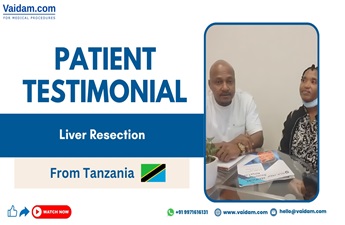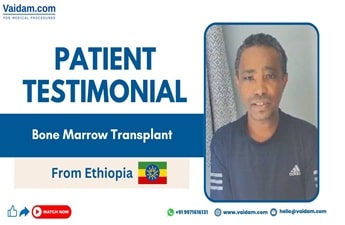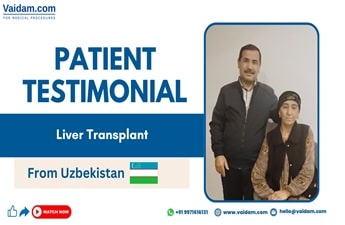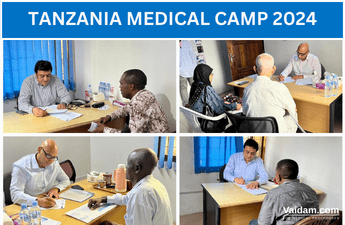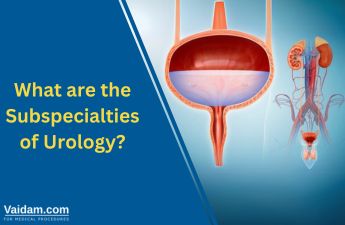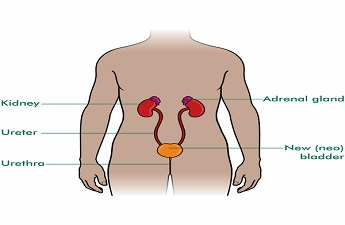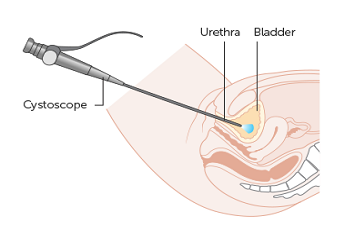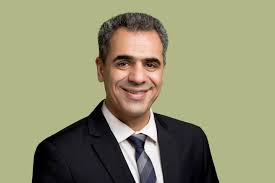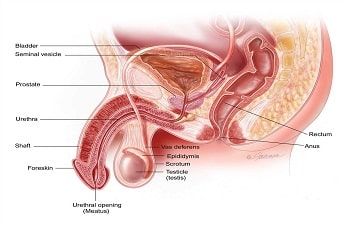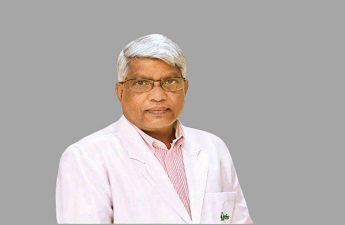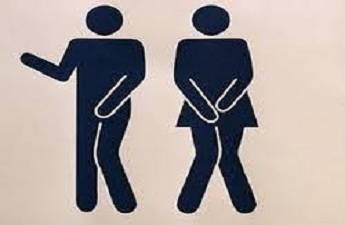Dr. Suresh Radhakrishnan is amongst the most famous and renowned Urologists in Chennai. At present, he is working at Dr. Rela Institute and Medical Centre. With an experience of more than 18 years, he holds expertise with the treatment of Prostate cancer diagnosis and treatment including transrectal prostate biopsy, Rigid and Flexible Uretero-renoscopy and laser treatment of renal and ureteric stones, Bipolar TURP, Open Radical, and Laparoscopic Radical Prostatectomy, Radical Cystectomy, Stone disease of the urinary tract, Minimally Invasive Surgical Treatments like laparoscopic nephrectomy and laparoscopic pyeloplasty and Laser Prostatectomy. He is an esteemed member of the ecu Association of Urology, The Royal College of Surgeons of Edinburgh, the Indian Medical Association and, British Association of Urological Surgeons.Dr. Suresh Radhakrishnan has contributed to several national and international publications. Dr. Suresh is also actively invited as a guest speaker in scientific meetings, CME's and worldwide conferences to talk about Laser Prostatectomy.
Urethral Stricture
A urethral stricture involves is a type of scarring that narrows the tube that carries urine out of the body. It restricts the flow of urine from the bladder and causes a variety of medical problems in the urinary tract like inflammation or infection.
Symptoms
Signs and symptoms of urethral stricture:
- Decreased urine stream
- Incomplete bladder emptying
- Rise in the urge to urinate or more-frequent urination
- Urinary tract infection
- Spraying of the urine stream
- Difficulty, straining, or pain when urinating
Causes
Scar tissue that can narrow the urethra due to:
- A procedure that involves inserting an instrument, like an endoscope, into the urethra
- Cancer of the urethra or prostate
- Sexually transmitted infections
- Radiation therapy
- Intermittent or long-term use of a tube inserted through the urethra to empty the bladder
- Trauma or injury
- An enlarged prostate or previous surgery to get rid of or reduce an enlarged prostate
Urethral stricture is quite common in males than in females and its cause is unknown.
Treatment
The treatment for urethral stricture is dependent on the findings of the imaging procedures. Treatment options include:
- Urethral dilation.
- Internal urethrotomy.
- Urethral reconstruction.
With the help of a short stricture, urethral dilatation or internal urethrotomy is likely to be tried first. With the help of general anaesthesia, the urethra is widened by larger dilating instruments and a cystoscope. A urethrotomy could also be a procedure when the cystoscope is used along a special tool to cut the ring of animal tissue and open the blocked area.
Post-procedure a urethral catheter is usually left in the urethra for about three to five days. After dilation also urethrotomy is likely to return stricture. In some cases, this procedure may correct the difficulty. Blood in the urine is expected for some time after this or any procedure on the urinary tract.
Urethral reconstruction may be needed to obtain a durable result if dilation or urethrotomy fails and the stricture returns. The urethra is also reconstructed by removing the scar tissue and then suturing the ends of the urethra.
Take away
Injury in the pelvic area must be avoided to prevent some forms of urethral stricture. Infections must be strictly avoided to prevent this condition. For details feel free to consult Dr. Suresh Radhakrishnan one of the best Urologists in Chennai working at Dr. Rela Institute and Medical center.











